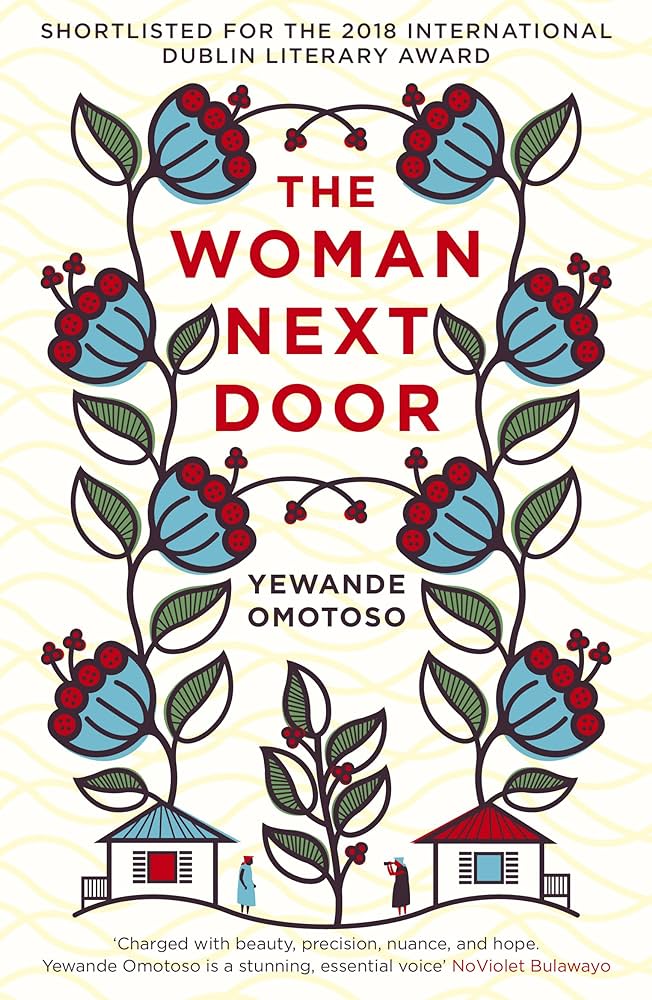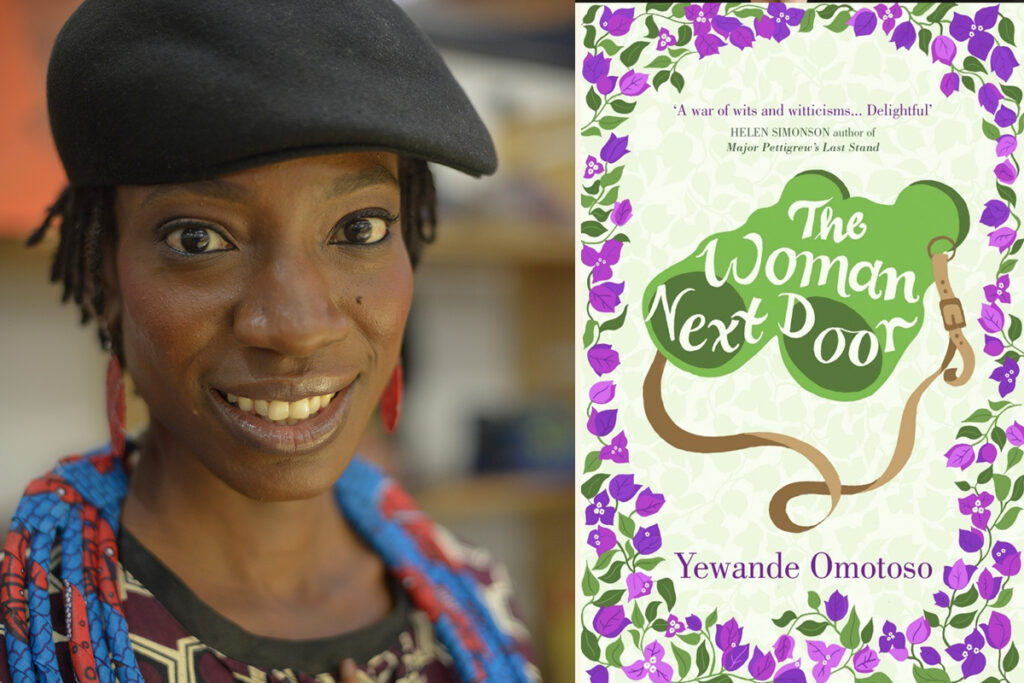From the Women’s Prize Archives.
Brilliant author Yewande Omotoso has been longlisted for this year’s Baileys Women’s Prize for Fiction for The Woman Next Door. Read on to learn how to write a character very different from yourself, why Cape Town holds an undeniable fascination and which authors Yewande holds in the highest regard.
Your debut novel, Bom Boy, was widely lauded, winning prizes and critical acclaim – was there more pressure writing your second novel in the light of this success?
I am always careful, if there is pressure, to diffuse it for myself. I like to create an atmosphere that best serves my writing work and, for me, feeling pressured isn’t one of them. Each time I write a novel (the few times!) I find myself feeling surprised that the book ends up existing on a shelf and maybe that’s the best way to do it, have ambition but temper the expectation.
In The Woman Next Door, your characters are (superficially, at least) very different to you. How do approach writing a character who is different race, gender, age to your own with integrity?
I think my imagination is the filter. I know if I’m imagining it then there is some form of personal integrity there. For instance there are characters I can’t imagine and when I struggle I don’t force it, I don’t insist. In The Woman Next Door I didn’t say “let me imagine people who are different”, rather I imagined a story and these were the people in the story and I trusted that if I could put them on the page then they were authentic or at least as authentic as my skill could manage and that’s always the best one can do.

Both of your novels are set in Cape Town – why is this such a compelling setting for you?
Cape Town is the city in which I’ve lived the longest and I think I can’t discount that as a reason for why I set stories there. It isn’t that I don’t wish to write other spaces but this is the one I feel the most authentic rendering, it is known to me. More and more, however, I want to write about places like Ile-Ife where I grew up or Bridgetown, Barbados, where I was born, or even fantastical places that only exist in the imagination. That said Cape Town does hold my attention, for the extremes in its characteristics, for the masks it wears and the way it embodies the Apartheid City even so many years on.
Which female authors have had the most impact on you as a writer and why?
Writers like Arundhathi Roy, because of the gift of The God of Small Things, but also because she studied Architecture and as a young frustrated architecture student I was heartened by that. And Toni Morrison. I remember reading all her works at the time, I was about 14, and writing an essay for The Special Author Project which was a project my school ran for Grade 9s. I remember it well because my project was singled out which was a rare ocurrence for me! I recall being surprised by the recognition my English teacher gave me and feeling that the source of my result was due to my love and appreciation for Toni Morrison’s work.
Can you tell us what you’re working on next?
Stories have a strange way of changing just when I think I know what it is I’m writing. For now anyway, I’m writing a story about an artist who is obsessed with death. She is also estranged from her divorced parents. When she disappears her parents fear the worst, they attempt to put aside their differences and go in search of her.








